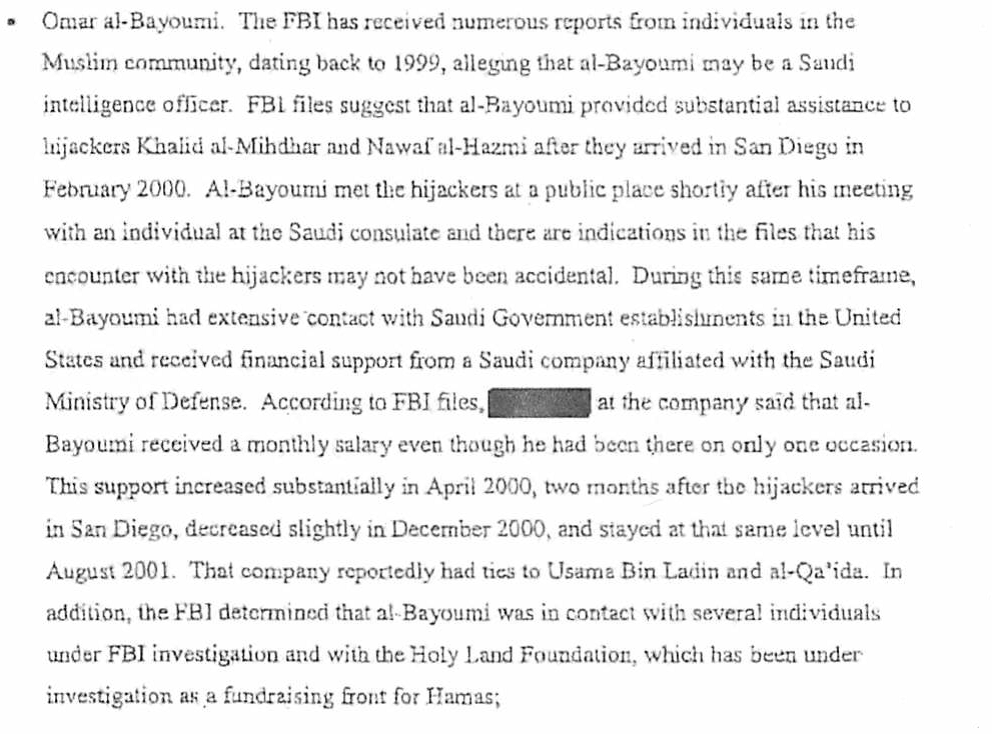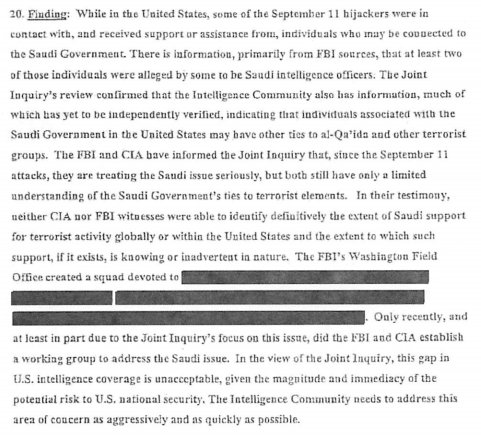Al Qaeda chief urges kidnappings of Westerners for prisoner swaps
Al Qaeda chief Ayman al-Zawahiri has appeared in an audio interview calling on fighters to take Western hostages and exchange them for jailed jihadists, the monitoring service SITE Intelligence Group said on Sunday.
In recording posted online, Al-Zawahiri called on the global militant network to kidnap Westerners “until they liberate the last Muslim male prisoner and last Muslim female prisoner in the prisons of the Crusaders, apostates, and enemies of Islam,” according to SITE. More here from Reuters.
******
A 21-year-old Syrian refugee was arrested on Sunday after killing a pregnant woman with a machete in Germany, the fourth violent assault on civilians in western Europe in 10 days, though police said it did not appear linked to terrorism.
The incident, however, may add to public unease surrounding Chancellor Angela Merkel’s open-door refugee policy that has seen over a million migrants enter Germany over the past year, many fleeing war in Afghanistan, Syria and Iraq.
German police said they arrested the machete-wielding Syrian asylum-seeker after he killed a woman and injured two other people in the southwestern city of Reutlingen near Stuttgart. Much more here from Newsweek.
*****
Related reading on NGO’s: UNHCR – Partnership in Resettlement
Related reading: UNHCR –NGO Toolkit for Practical Cooperation on …
Related reading: NGOs Call on US to Resettle More Syrian Refugees | Al …
So what about the real vetting process in the United States you ask…..it is a great question.
After the Paris attacks, the White House called in 34 governors to discuss the policy and vetting process of refugees into the United States. While we focus on ‘Syrian’ refugees, they hardly make up the majority and it is this fact that must be noted. Even so, the White House, 3 days later published a chart of the vetting program and it does have some gaps (questions) that too must be answered.
Refugees undergo more rigorous screening than anyone else we allow into the United States. Here’s what the screening process looks like for them:
The full text is found here from the White House.
The admission of refugees to the United States and their resettlement here are authorized by the Immigration and Nationality Act (INA), as amended by the Refugee Act of 1980. The INA defines a refugee as a person who is outside his or her country and who is unable or unwilling to return because of persecution or a well-founded fear of persecution on account of race, religion, nationality, membership in a particular social group, or political opinion. In special circumstances, a refugee also may be a person who is within his or her country and who is persecuted or has a well-founded fear of persecution on account of race, religion, nationality, membership in a particular social group, or political opinion. The maximum annual number of refugee admissions (refugee ceiling) and the allocation of these numbers by region of the world are set by the President after consultation by Cabinet-level representatives with members of the House and the Senate Judiciary Committees.
The Department of State’s (DOS’s) Bureau of Population, Refugees, and Migration (PRM) is responsible for coordinating and managing the U.S. Refugee Admissions Program. Prospective refugees can be referred to the U.S. program by the United Nations High Commissioner for Refugees (UNHCR), a U.S. embassy, or a designated nongovernmental organization (NGO), or in some cases, they can access the U.S. refugee program directly. PRM generally arranges for an NGO, an international organization, or U.S. embassy contractors to manage a Resettlement Support Center (RSC) that assists in refugee processing.
Following the consultations, the President issues a Presidential Determination that sets the refugee ceiling and regional allocations for that fiscal year. Once the Presidential Determination for a fiscal year has been issued, INA Section 207 also allows for additional refugee admissions in response to an “emergency refugee situation.” In such a situation, the President may, after congressional consultation, issue an Emergency Presidential Determination providing for an increase in refugee admissions numbers.
For FY2016, the Obama Administration initially proposed a refugee ceiling of 75,000 and held consultations with Congress on that proposal. The proposal reportedly included an allocation of 33,000 for the Near East/South Asia, the region that includes Syria.5 The Administration subsequently announced that the United States would admit at least 10,000 Syrian refugees in FY2016. On September 29, 2015, the Obama Administration released the Presidential Determination on Refugee Admissions for Fiscal Year 2016.6 It sets the FY2016 refugee ceiling at 85,000, with 79,000 admissions numbers allocated among the regions of the world and 6,000 admissions numbers comprising an unallocated reserve.7 The allocation for the Near East/South Asia region is 34,000.
Actual Admissions
In FY2015, the United States admitted 69,933 refugees. The Near East/South Asia region accounted for 24,579 admissions, of which 1,682 were Syrian refugees. In the first month of FY2016 (October 2015), total refugee admissions were 5,348, Near East/South Asia region admissions were 1,979, and Syrian admissions were 187. From October 1, 2010, through October 31, 2015, the United States admitted a total of 2,070 Syrian refugees.
Role of the Department of Homeland Security
USCIS adjudicates refugee applications and makes decisions about eligibility for refugee status. USCIS officers in the Refugee Corps interview each applicant in person and consider other evidence and information to determine whether the individual is eligible for refugee status. More comprehensive reading here.





